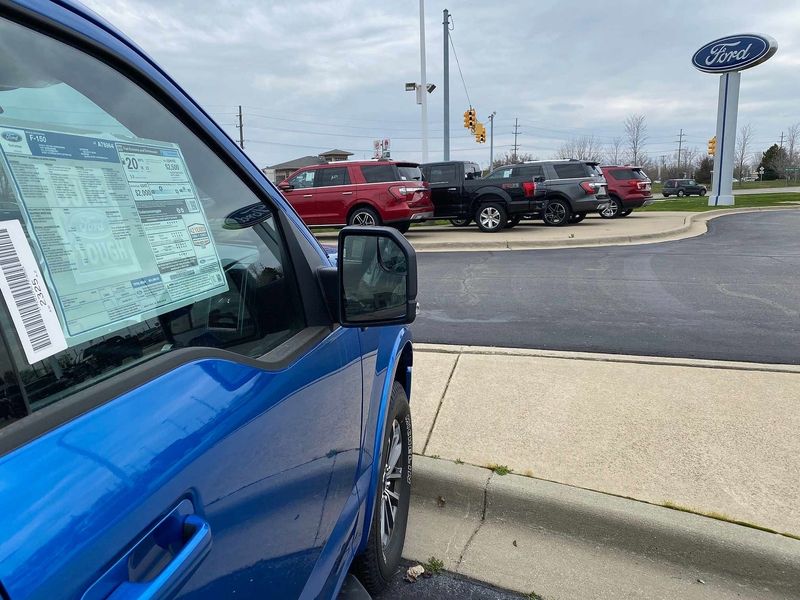
Ford Credit posted a $500 million profit for the second quarter, down 38 percent from $800 million in the second quarter of 2019, the lender said last week, thanks in part to lower value projections for active leases. Ford Motor Co.’s finance arm, at the same time, says it is encouraged by positive developments in consumer finances and spending habits.
The result marks a departure from a plunge in first-quarter profits, which the company attributed to efforts to bolster credit-loss reserves — funds set aside for auto loans it doesn’t expect will be repaid — during the coronavirus pandemic.
Ford CFO Tim Stone told investors last week that the captive lender provided payment extensions to an unprecedented 361,000 customers, representing11 percent of its customer base, through May. As of July 28, 84 percent made their scheduled payment by the due date, 12 percent made payments and opted to extend the relief period, and 1 percent received an additional payment deferral. Just 3 percent of customers did not make a payment or opt to extend the relief.
“We’re very pleased with the performance of this portfolio,” Stone said. “We began the quarter with closed auctions, growing inventory and falling prices. However, in May, we saw a healthy recovery in auction volume and prices.”
The Dearborn, Mich., captive attributed the first-quarter loss to $1.23 billion in new credit loss reserves, up from the $513 million it recorded in previous quarters. There was an accounting change at the beginning of the year that impacted how banks calculate expected credit losses, which Ford Credit said affected how it tabulates loss reserves. A $252 million adjustment was recorded in the first quarter related to the new standard, while the remaining loss reserves were related to COVID-19. Credit loss reserves bumped up 4.4 percent to $1.28 billion in the second quarter.
The company offered 0 percent financing and payment deferral programs from March until June, which helped drive new-vehicle sales at a particularly vulnerable time for dealerships. The incentives helped Ford Credit capture a larger share of the new-vehicle market. In the second quarter, Ford Credit reached 77 percent share of Ford’s U.S. new-vehicle sales, up from 49 percent a year earlier.
Ford Credit warned in the first quarter that higher depreciation on off-lease vehicles awaiting sale at auction and anticipated operating lease defaults contributed to lower net income. Off-lease auction performance was better than expected in the second quarter, though lower than year-earlier figures.
Ford also launched the Ford Promise program in the second quarter, which provides qualifying customers who lose their jobs within 12 months of financing or leasing a new or used vehicle the option to return it. The program applies to every 2019-21 Ford vehicle sold at a participating Ford dealership from June 26 through Sept. 30 financed through Ford Credit.